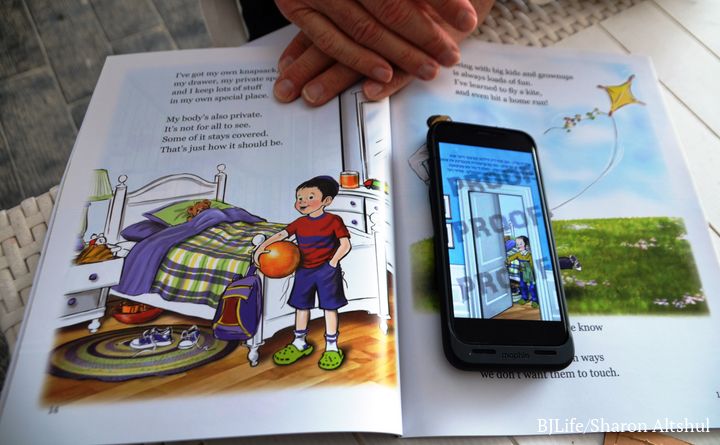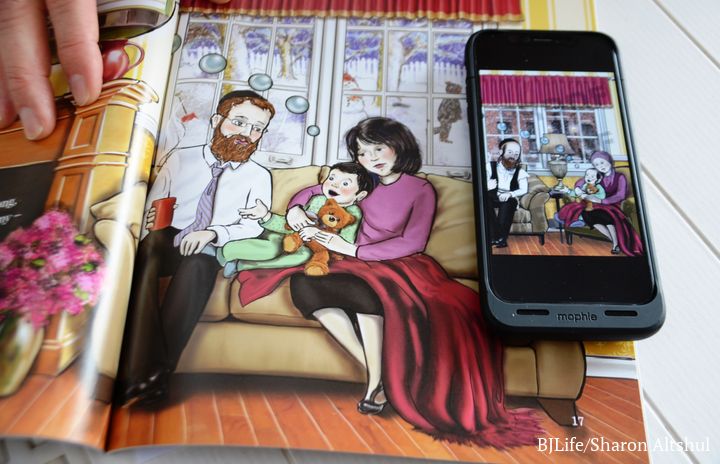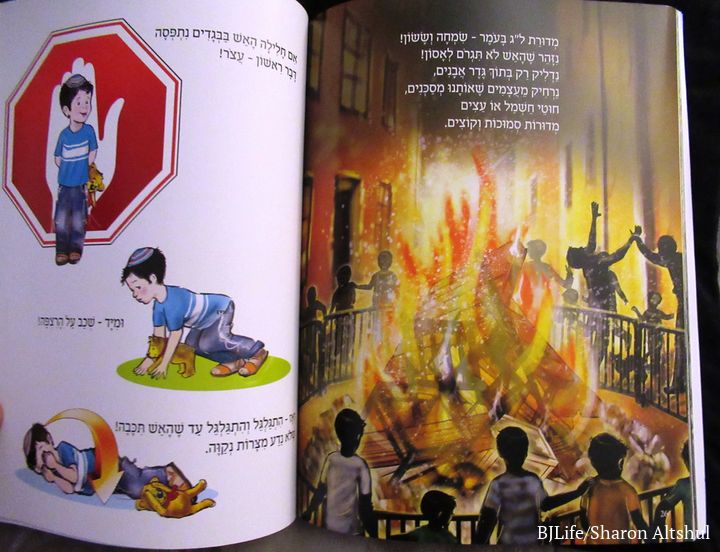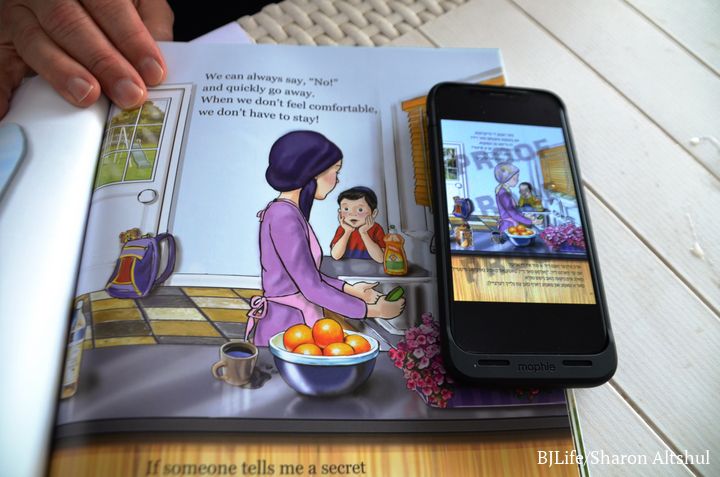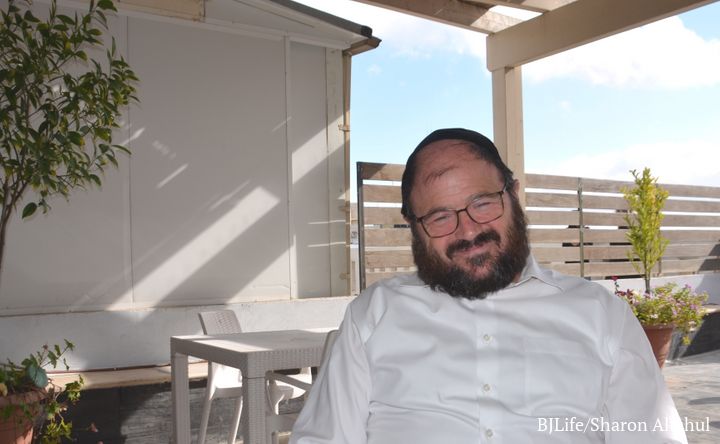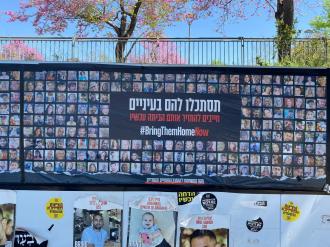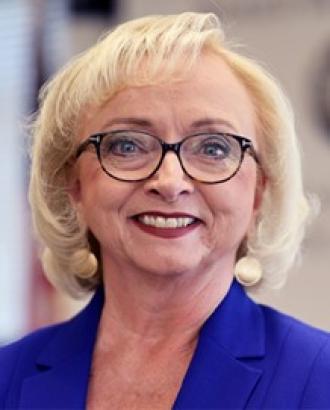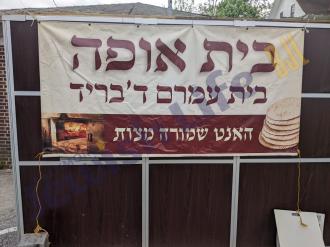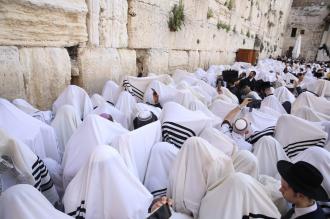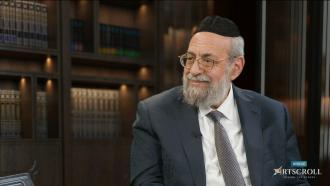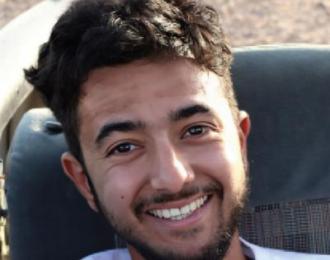This story is about protecting our children from harm.
In January 1996, Rabbi Yakov Horowitz published an article called “An Ounce of Prevention Reaching Today’s Underachievers before They Become Tomorrow’s Dropout Teens,” and was overwhelmed by the response. Hundreds of calls and letters flooded his mailbox.
Horowitz was a dedicated 8th grade Rebbe for the “slower track,” and for 15 years in the classroom, he worked with his students to build their self-esteem to be successful in school and in life. As a teacher, he realized some of the behavioral problems he saw in the classroom were symptoms of abuse that occurred outside of the classroom.
Beginning in 2003-4, Horowitz became an advocate, looking for ways to stop the abuse of children by educating them and their parents. When discussing difficult subjects with their children, parents are nervous, and often what the child remembers are the emotions and not the important details.
First published in English in 2011, the children’s book “Let’s Stay Safe!” with Tova Leff’s brilliant illustrations is culturally sensitive and covers children’s safety in an easy, natural manner. Personal safety begins with a child knowing not to run into the street after a ball.
The Yiddish version “Zai Gezunt!” followed in 2014, with illustrations that were designed to adhere to the environment and culture of the readers. Details of clothing and family lifestyles were adjusted so as to relate to the readers' lives.
Rabbi Horowitz, the founding Dean of Yeshiva Darchei Noam in Monsey and Director of The Center for Jewish Family Life/ Project Y.E.S - Youth Enrichment Services, is extending the reach of the Karasick Child Safety Initiative for Emotional Well-being through Education to Israel.
In Israel, 30,000 copies of a modern Israeli or Dati Leumi version of his book called “L’Vetach!” were distributed with the Israeli weekly newspaper Makor Rishon. The books were provided free of charge, sponsored by US and Israeli donors, and received a positive response.
In the new Modern Hebrew version, fire safety centers on the Lag B’Omer medurah, the annual huge bonfires lit for the holiday at night.
Since 1994, “Megan's Law” is the name used for a federal law that requires law enforcement authorities to make information available to the public regarding registered sex offenders. Similar state laws are also called “Megan’s Law.”
Israel has nothing similar to “Megan’s Law.” While in Israel this past week, Rabbi Horowitz met with MK Kathrin Shitrit at the Knesset to discuss establishing a registry of known convicted sexual abusers in Israel similar to the US registry. With the present uncertain status of the Knesset, little progress is expected for several months, although the topic of Israel being a haven for child abusers has made headlines.
This past week, a procedural court hearing was held in Jerusalem involving a five-year-old slander case against Rabbi Horowitz brought by Yona (Jason) Weinberg.
Convicted in 2009 of sexually abusing two boys in Brooklyn, Level-3 registered sex offender Weinberg served 13 months in jail in the United States, before moving to Israel with his wife and family in 2014.
On social media, Horowitz tweeted:
“Residents of Har Nof: PROTECT YOUR CHILDREN!!
“Har Nof residents, convicted sex offender Yona Weinberg is LEVEL 3. Treat him as a terrorist with a machete.”
"I'm hopeful that this will establish precedence for the future, that child safety advocates will be able to warn the public when a predator is in the neighborhood," Horowitz said. "I'm hoping that the publicity that will be attached to this trial will be a catalyst for cultural changes."
"It's not about him or me," Horowitz said. "We shouldn't lose focus. It's about the right of children to be protected against abusers. I'm not walking away from this. It's too big to give up."
As for Horowitz’s advice for parents, he warns that not only strangers but people they know could be potential abusers. There are warning signs to watch for, such as a sudden change of behavior, nervousness, or bedwetting.
The best prevention is to speak with your child and urge them if something uncomfortable happens to them to let you know. The process of grooming begins in innocent ways, but children know when something makes them uncomfortable.
He suggested to parents these four rules for children to follow:
1. No secrets from parents. It’s a “red flag” when an adult instructs a child “do not tell anyone.”
2. Your body belongs to you.
3. There is a difference between ‘Good touch’ which is OK, and ‘bad touch’ which is not.
4. No one has the right to make you uncomfortable.
Finally, if something chas v’shalom, does happen, it is important to support victims. The ‘just-world theory’ posits that when people fall victim to misfortune, others tend to look for things that might explain their circumstances. In other words, people have an automatic tendency to look for something or someone to blame for unfortunate events.
However, a predator does not think like us, there is an imbalance of power. Victims are afraid to come forward, “I never thought they would believe me” is a theme repeated over and over again. We should not forget that our tradition teaches us to look out for the widow or orphan, the vulnerable.
Years ago at a school meeting in Brooklyn, a mother not from the community that was in the audience got up and told how she had read the safety book to her six-year-old daughter. The daughter knew what to do when touched inappropriately by a relative, “Rabbi you saved my daughter’s life” the mother stood and told the audience of parents.
Ruti Eastman, the mother of "five excellent sons” told BJL," I am glad Rabbi Yakov Horowitz has been brave enough to speak out. I am a total "fan-mom." His parenting cassettes saved my kids’ lives more than once. His humor was delightful, as was his common sense. I wish I could tell him that the story he told about the late-night pasta cooking helped me to re-frame difficulties I was having with my teenagers and improved my parenting. And his Valley Girl impression was "like, really, really, like, to die for."
It is important that Rabbi Horowitz’s messages of child safety are now being heard in Eretz Yisrael.

